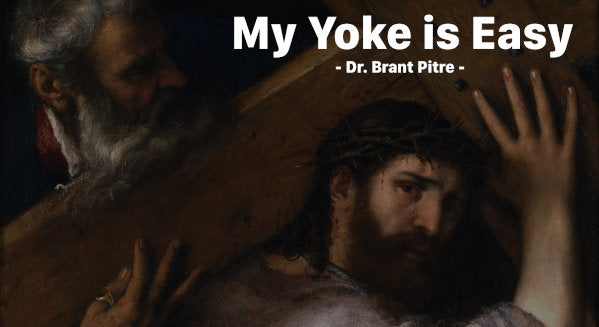The Mass Explained + The Mass Readings Explained <Main Product>
Good work by Dr Pitre. I have a better understanding of genesis and the other books. I love how he can teach like a teacher but also in a way give a sermon. You learn academically and spiritually content. Another thing thats makes this audio great is his sense of humor.. This man has jokes for days.
Very enlightening and helpful for deepening our spiritual life
This is an excellent DVD. I cannot wait to share it at our Bible Study later this month






